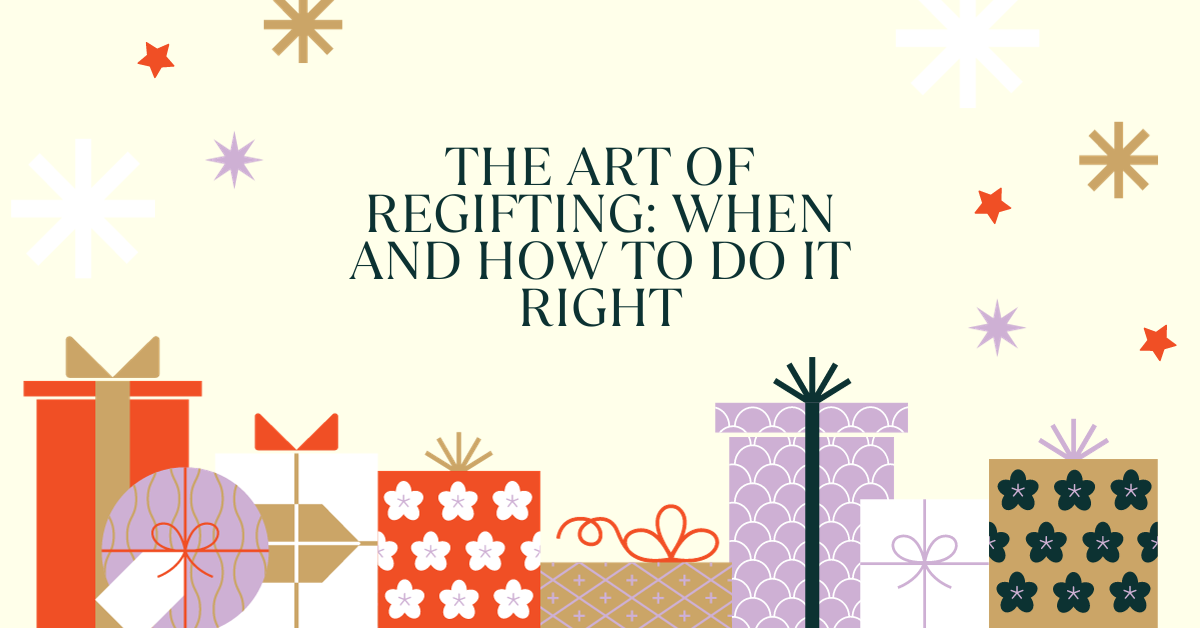Discover what your gifts say about you in this intriguing exploration of the psychology behind giving.
Uncover the motivations that drive your gift choices and the impact of relationship dynamics on your selection.
Delve into the revealing nature of your personal values through the gifts you give.
Explore the psychology of surprise and delight in gift-giving, and the emotional significance of both giving and receiving.
Gain insights into the hidden depths of your own psyche through the gifts you share with others.
The Motivations Behind Gift-Giving
When it comes to gift-giving, understanding the motivations behind your choices can reveal a lot about you. The reasons why you choose certain gifts for others can provide insight into your personality, values, and relationships.
For example, if you tend to select practical gifts like kitchen gadgets or office supplies, it may indicate that you’re a thoughtful and practical person who values functionality. On the other hand, if you often opt for sentimental gifts such as personalized photo albums or handmade crafts, it suggests that you prioritize emotional connections and cherish the memories shared with your loved ones.
Additionally, the motivations behind your gift-giving can also reflect your desire to please others, strengthen relationships, or express gratitude.
The Impact of Relationship Dynamics on Gift Selection
One important factor in gift selection is the influence of your relationship dynamics. The type of relationship you have with the recipient can greatly impact the gifts you choose.
For instance, if you have a close and intimate relationship with someone, you may be more likely to select a gift that reflects their personal interests and preferences. On the other hand, if you have a more formal or distant relationship, you may opt for a more generic or universally appealing gift.
Additionally, the level of emotional closeness or intimacy in your relationship can also dictate the level of thought and effort you put into selecting a gift.
Uncovering Personal Values Through Gift Choices
Your gift choices can reveal your personal values. The items you choose to give to others reflect what you hold dear and what you believe is important.
For example, if you often give practical gifts like kitchen gadgets or tools, it may suggest that you value functionality, efficiency, and practicality.
On the other hand, if you frequently give sentimental gifts such as personalized photo albums or handmade crafts, it could indicate that you prioritize emotional connections, memories, and thoughtfulness.
Additionally, the causes or organizations you support through your gift choices can also shed light on your values. If you frequently donate to environmental causes, it suggests that you care deeply about the planet and sustainability.
Paying attention to your gift choices can provide valuable insights into your personal values and what truly matters to you.
The Psychology of Surprise and Delight in Gift-Giving
You can create a sense of surprise and delight through gift-giving by choosing unexpected and thoughtful presents. When you take the time to carefully consider the recipient’s interests, preferences, and personality, you can come up with unique gift ideas that will truly surprise and delight them.
Think about their hobbies, passions, or something they’ve mentioned wanting in passing. By selecting a gift that aligns with their individuality and shows that you have been paying attention, you can evoke a genuine sense of joy and appreciation.
It’s not just about the monetary value of the gift, but the thought and effort you put into selecting something special. So, next time you’re searching for the perfect gift, remember that a little surprise and delight can go a long way.
Exploring the Emotional Significance of Receiving and Giving Gifts
When receiving and giving gifts, both the emotional significance and the impact on relationships can be profound.
Receiving a gift can evoke a range of emotions, from joy and gratitude to surprise and even disappointment. It’s a reflection of the giver’s thoughtfulness and consideration, which can strengthen the bond between individuals.
The act of giving, on the other hand, can bring a sense of fulfillment and happiness. It allows you to express your love, appreciation, or support for someone. It also creates a sense of reciprocity and fosters a deeper connection.
The emotional significance of giving and receiving gifts extends beyond the material value. It’s a way to communicate and nurture relationships, making it an essential aspect of human interaction.
Frequently Asked Questions
How Does Societal Pressure Influence Gift-Giving Choices?
Societal pressure heavily influences your gift-giving choices. You feel compelled to conform to societal norms and expectations. This can lead to selecting gifts that align with popular trends or conform to perceived standards of value and status.
What Are Some Common Mistakes People Make When Selecting Gifts for Others?
When selecting gifts for others, it is important to consider the recipient’s interests and preferences. This ensures that the gift will be meaningful and appreciated. Another mistake to avoid is buying generic or thoughtless presents. These types of gifts often come across as impersonal and lacking effort. Instead, try to choose something that shows you have put thought into the gift and considered the person’s individual tastes.
Additionally, it is crucial not to focus too much on the price or appearance of the gift. While it is understandable to have a budget, the value of a gift lies in the sentiment behind it rather than its cost. Sometimes, a simple yet heartfelt present can have a much greater impact than an expensive one. Similarly, the appearance of a gift should not be the sole determining factor. It is the thought and meaning behind the gift that truly matters.
Are There Any Cultural Differences in the Psychology of Gift-Giving?
Are there any cultural differences in the psychology of gift-giving?
Yes, there are. Different cultures have varying beliefs and traditions surrounding gift-giving, which can influence the psychology behind it.
Can Gift-Giving Be Used as a Manipulation Tactic in Relationships?
Yes, gift-giving can be used as a manipulation tactic in relationships. It’s important to be aware of someone’s intentions behind their gifts.
To ensure that giving is done out of genuine care and not to control or manipulate, it’s crucial to pay attention to patterns and behaviors in the relationship.
If the gifts are consistently used to guilt or manipulate the recipient, it may be a red flag.
Open communication and setting boundaries are essential in these situations.
Ultimately, a healthy relationship should be built on trust, respect, and mutual understanding, rather than material gifts used as a means of control.
How Do People’s Attitudes Towards Money Impact Their Gift Choices?
Your attitudes towards money greatly impact your gift choices. Whether you’re frugal or extravagant, your financial mindset influences the type of gifts you give and the message you send to the recipient.
For frugal individuals, gift-giving may involve thoughtful homemade presents or practical items that are budget-friendly. They may prioritize sentimental value over monetary value and focus on the thoughtfulness behind the gift rather than its price tag.
On the other hand, extravagant individuals may opt for luxurious and expensive gifts that showcase their financial status. They may prioritize the wow factor and choose items that are lavish and extravagant, often focusing on the materialistic value rather than the sentimental meaning behind the gift.
It is important to consider how your attitudes towards money shape your gift-giving choices. Being mindful of the message you want to convey through your gifts can help ensure that your financial mindset aligns with the recipient’s expectations and values.
Conclusion
In conclusion, gift-giving is a complex and meaningful act that reveals a lot about the giver’s motivations, relationship dynamics, personal values, and desire to surprise and delight others.
It’s a way to express emotions, strengthen connections, and create joy. Understanding the psychology behind giving can help us appreciate the significance of gifts and enhance our ability to give meaningful and thoughtful presents.


